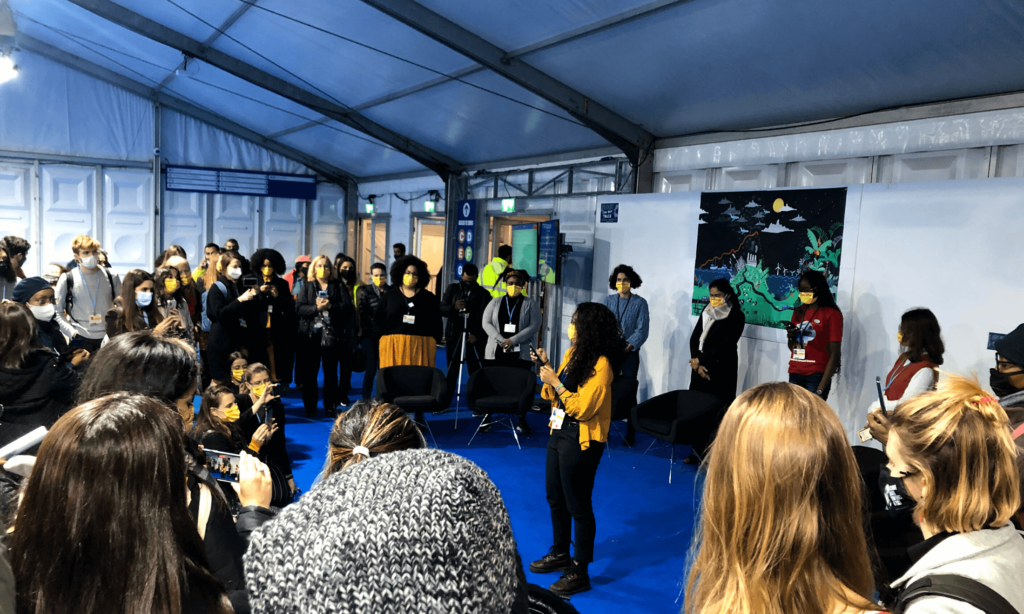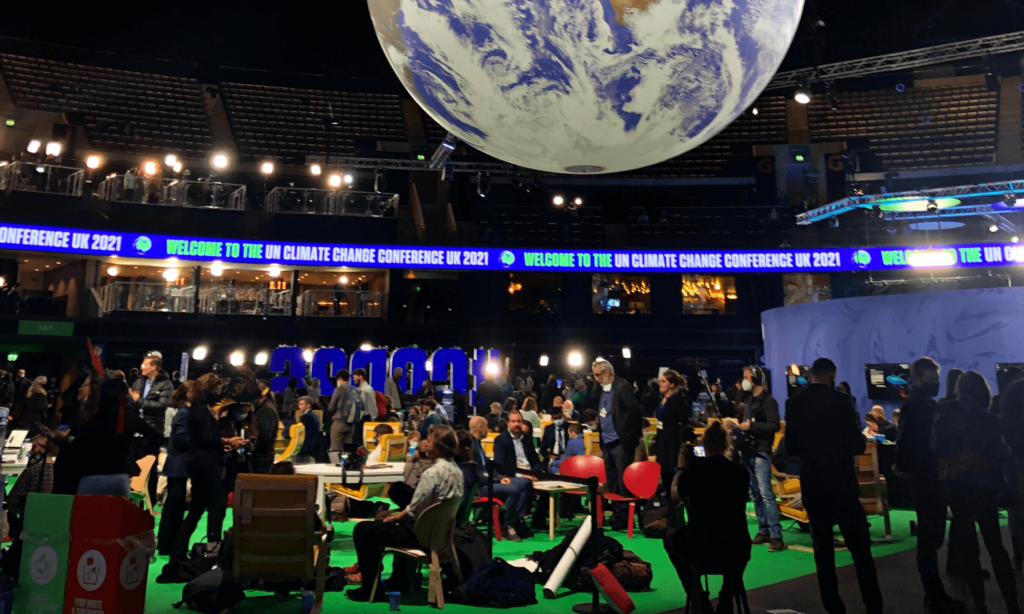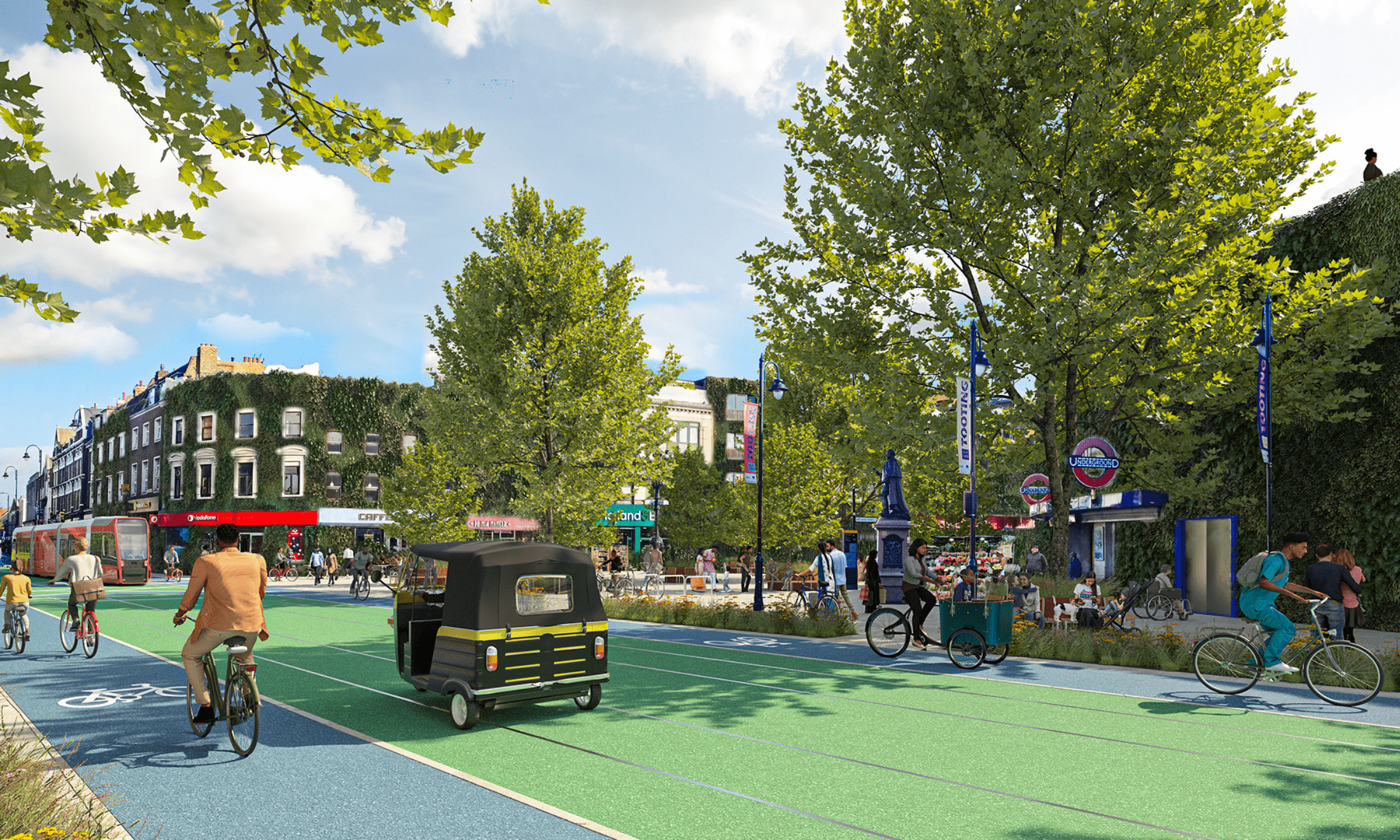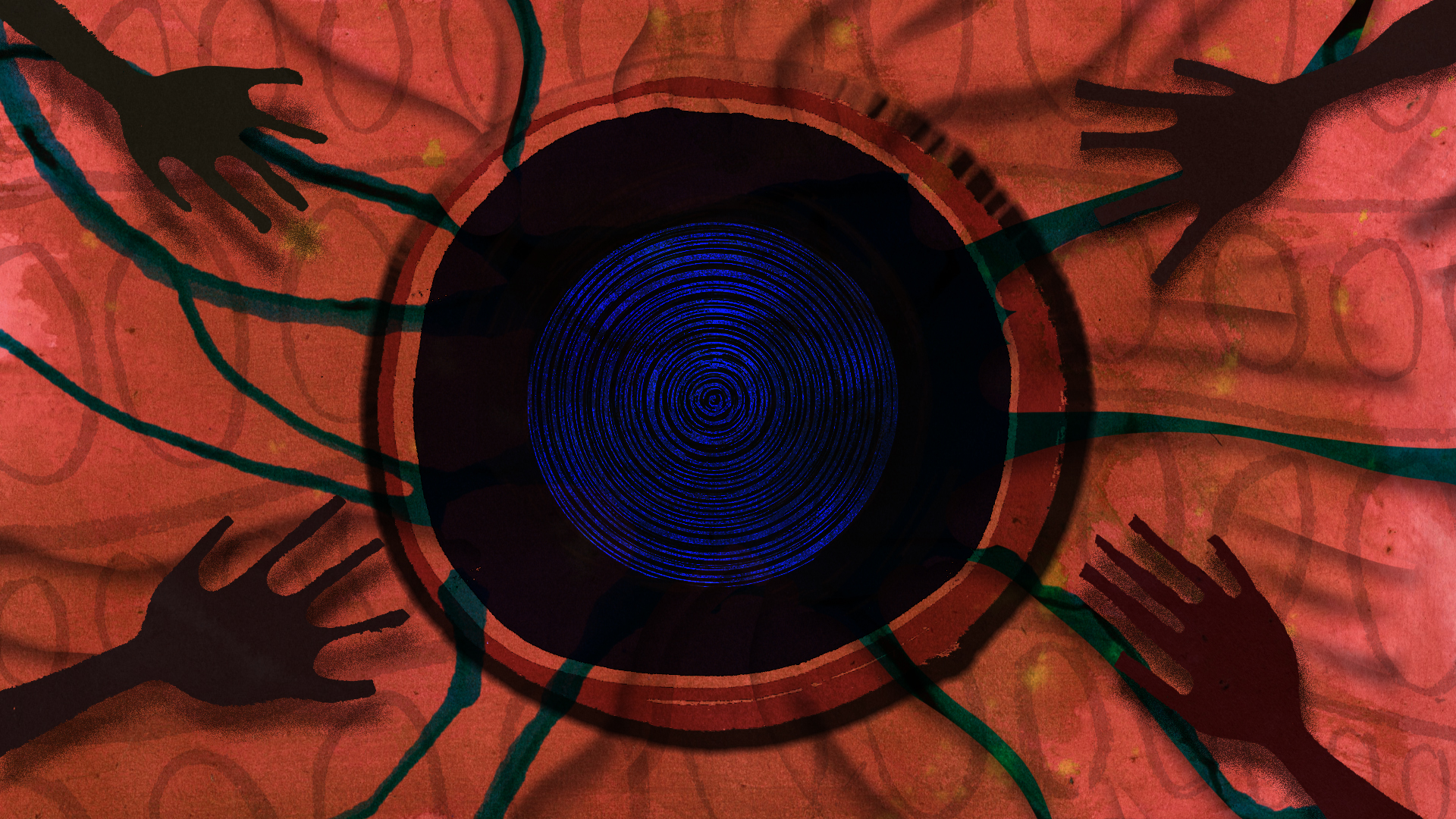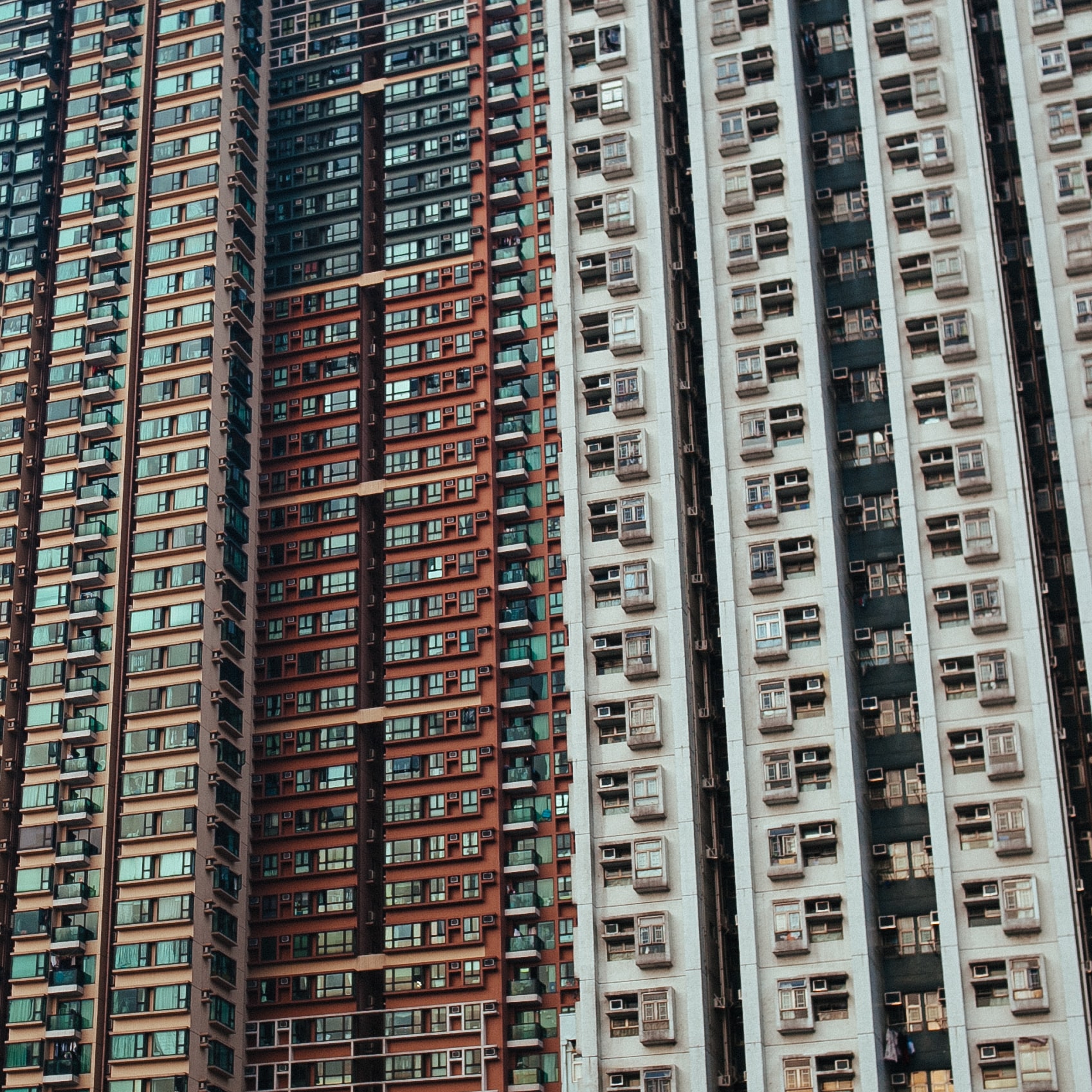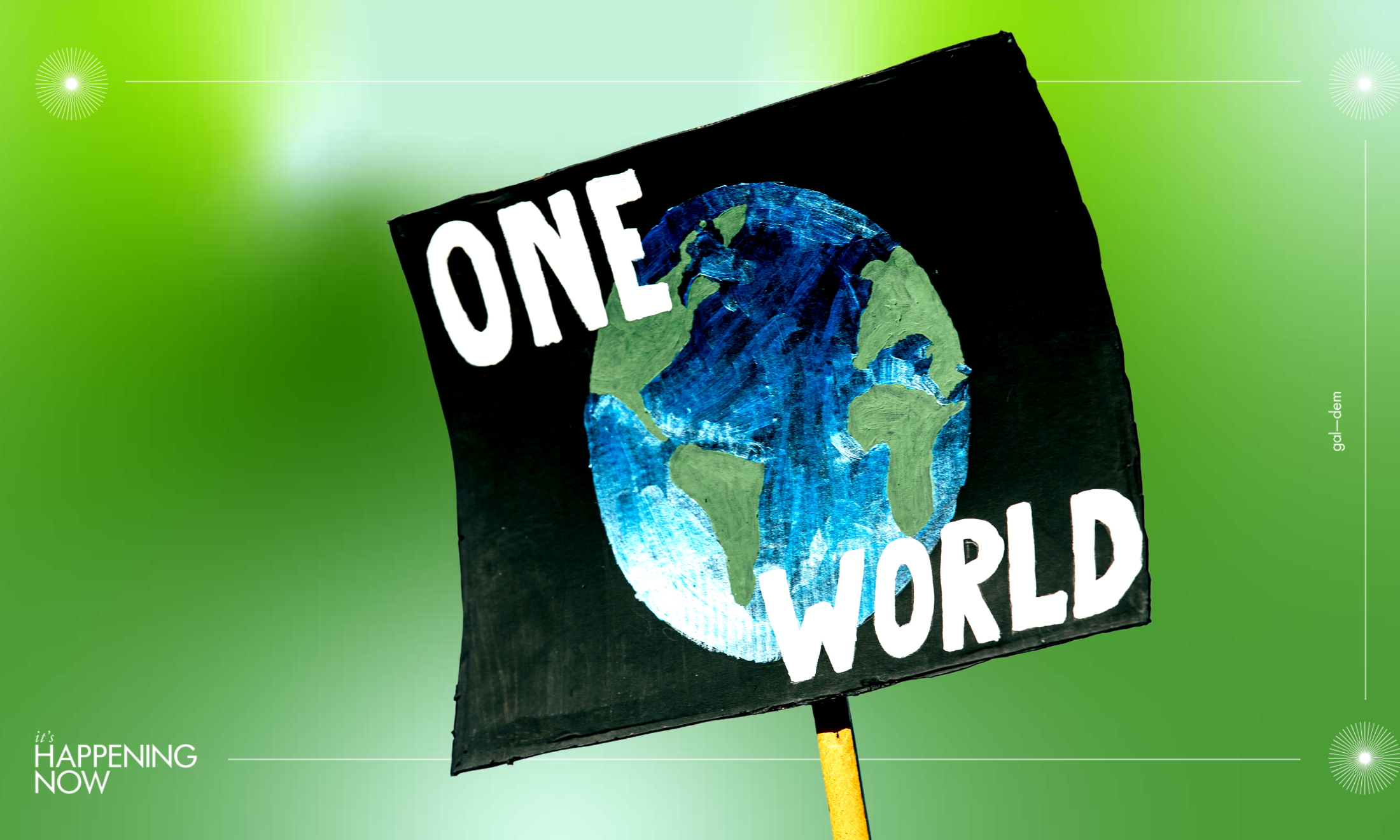
Diyora Shadijanova
With COP26 over, where do we go from here?
The crucial Glasgow Climate Pact fails to go far enough or fast enough. gal-dem asks what's next for the climate movement.
DiyoraShadijanova and Editors
16 Nov 2021
For 14 days, it felt like Glasgow was at the centre of something monumental. Around 40,000 official delegates from all over the world were invited to attend COP26 (the annual United Nations Climate Change Conference) and hundreds of thousands of people descended on the city to protest and join in on planned actions around the occasion. A large majority arrived in the hope of creating a turning point in humanity’s response to the climate crisis. The summit has now come to an end, concluding with a UN climate deal titled the ‘Glasgow Climate Pact’. But big questions follow: has the conference been a success? And are we going to save ourselves from the brink of extinction?
In summary, the Glasgow Climate Pact, which is not legally binding, has made a commitment to “phase down” coal projects, and has agreed to double the proportion of climate finance going to countries adapting to the devastating effects of the climate crisis. However, experts worry that the pledges made during COP26 and as a result of the Glasgow Climate Pact won’t be enough to limit temperature rises to 1.5 degrees celsius. Negotiators also closed a deal setting rules for carbon markets, which, being a market-based solution to the climate crisis, have always been contentious.
From Global South representation to Global North commitments
It’s no surprise that a conference which was planned so poorly has resulted in disappointments. For Monicah Kamandau, a 27-year-old ActionAid representative from Kenya, half of the people she was expecting to travel with couldn’t get to the UK because of Covid-19 related travel difficulties. Once she got to the conference, she wasn’t sure where to go. “Half of the time here, we spent hours trying to access the Blue Zone and once we were there, we didn’t know where the discussions were taking place,” she says.
“There was the promise that [leaders] will listen to people who are experiencing the climate crisis firsthand, but the reality was that we couldn’t be allowed into the decision making tables. Observers like me were just allowed to be behind the screen. It felt like watching a movie but only this movie is your reality and is going to affect your future.”
“It felt like watching a movie but only this movie is your reality and is going to affect your future”
Monicah Kamandau
Though she felt like some leaders were trying to centre voices from the Global South more, Monicah, like many others, largely felt ignored. “Sometimes it feels like we’re just checking an inclusion box and people are saying things like ‘we hear you’, but they’re not listening.”
Though the foregrounding of voices from the Global South was welcomed by activists like Mitzi Jonelle Tan, the frustrations go beyond representation. “If priorities were shifting, we’d see action. If priorities were shifting, we’d see the climate crisis as an emergency today, because it’s impacting people today,” she told me outside an Awaaz Campaign protest. “But we’re not seeing that, we’re seeing people saying that there’s a little bit of time left. We have no time left, we have to act now.”
Mitzi wants solid commitment in climate finance and for Global North countries to finally talk with their money. Though poorer countries at COP were given assurances that funding targets would be met over the next few years and promised that adaptation funding would be doubled, serious discussions around climate finance remain to be had, considering that as the climate crisis worsens, trillions of dollars will be needed, not billions.
Writing off COP26?
For many climate experts, the conference has been a failure, with 200 academics signing an international open letter urging communities to lead their own “emergency response” and notable activists like Greta Thunberg dismissing COP26 as “more blah, blah, blah”. Delegates from Pacific islands have also condemned the Glasgow Climate Pact, as it doesn’t guarantee the limiting of global heating to 1.5 degrees celsius, a point at which some island states would be wiped from existence. Considering we’re at 1.1 degrees celsius heating above pre-industrial levels now, the hopes of “keeping 1.5 alive” with the current pledges are extremely faint. Researchers at Climate Action Tracker have worked out that if followed, the Glasgow Climate Pact will bring us to a catastrophic 2.4 degrees celsius of heating.
Others have a less nihilistic approach to the climate conference. I spoke to Tessa Khan, an international climate change and human rights lawyer, during the second week of COP26 and before the Glasgow Climate Pact was announced. As the founder of Uplift, an organisation campaigning for a just transition away from oil and gas production in the UK, Tessa is cautious of the “blah, blah, blah” framing.
“I have total sympathy with that view insofar as it’s a criticism of what governments have currently committed to do and plan to in the medium term, but I think characterising COP that way undermines the whole forum,” she says. “It’s the only forum in which countries in the Global South, though they don’t negotiate on an equal footing, get to sit in the room with other governments and really put it to them that what they’re doing is an existential threat.”
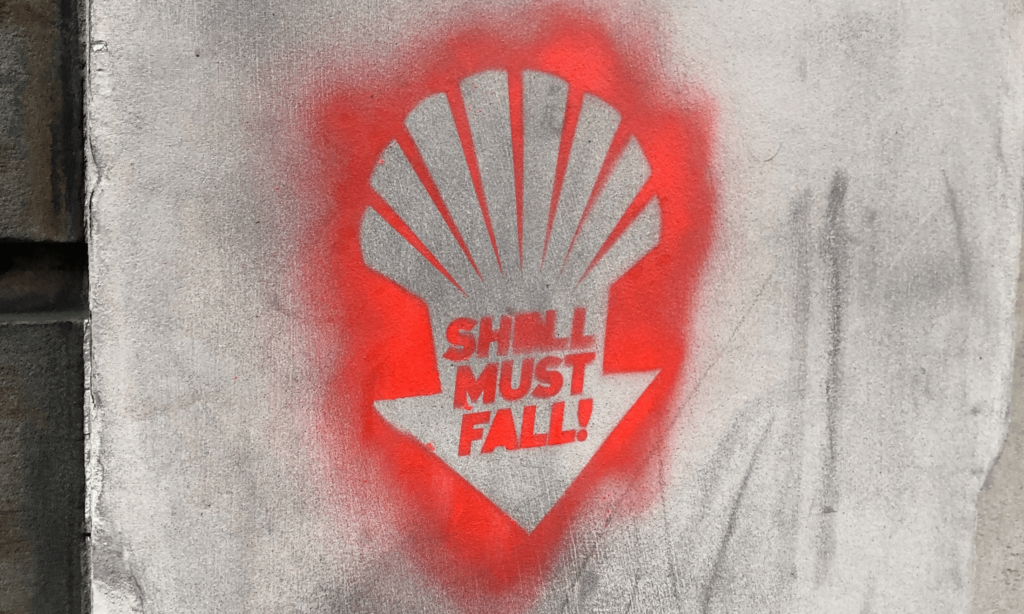
During my time in Glasgow, I had similar discussions with activists from the Global South who – though disappointed by all the issues present at COP26 and the weak promises made by global leaders – are worried that writing off the summit altogether would be an injustice to the people who are at the frontlines of the climate crisis already.
Furthermore, it feels an oversight to dismiss the grassroots organising taking place alongside the conference, which saw groups like the COP26 Coalition create a powerful sense of unity through mass protests across the city. Councillor Graham Campbell, a veteran political campaigner and community activist, agrees that we shouldn’t disregard the power of the people who mobilised on Glasgow’s streets. “It’s not quite ‘blah, blah, blah’, but it is more of the same form of industrial capitalist processes, just with a slightly more renewable energy formation mix,” he told me outside at the climate protest in Glasgow Green on 6 November.
“There has been no attempt to create a system that saves our planet and stops its heating. However, it’s very clear that the politicians are a million miles away from the people protesting in Glasgow,” Graham added, noting that seeing fellow Glaswegians stand in solidarity in a diverse coalition, that put voices from the Global South first and foremost, was highly moving.
Where do we go from here?
“The answer isn’t hard, it’s as simple as collective action at the grassroots level, even within the UK,” says Kavita Naidu, who is part of the UNFCCC Women & Gender Constituency and a board member of Greenpeace Australia Pacific. “I keep telling everybody, you don’t need to be an activist, or a scientist, or a lawyer to actually get involved in doing the right thing to address and arrest climate change.
“The answer isn’t hard, it’s as simple as collective action at the grassroots level, even within the UK”
Kavita Naidu
“You can start in your community. You can start speaking about it. You can start making informed choices. You can start supporting so many campaigns happening in other parts of the world where the UK is actually the criminal behind it.”
The climate justice and human rights advocate believes that our lack of care for frontline communities is a byproduct of a clinical, capitalist approach to the climate crisis, and a collective response is needed. “There is so much power, inspiration and strength when we’re together. When we sit together and strategise on what we will do. There is power in movement, there is power and people taking the streets,” she concludes.
Yvonne Blake, co-founder of Glasgow-based organisation MORE (Migrants Organising for Rights and Empowerment) believes the answers also lie in the history of progress. “What I say to young people if they ever feel disillusioned, is to go back and read the history of the people who fought for liberation,” she says. The community organiser believes that if we stand by and don’t join the climate struggle, we’re going to pass down death and destruction to younger generations.
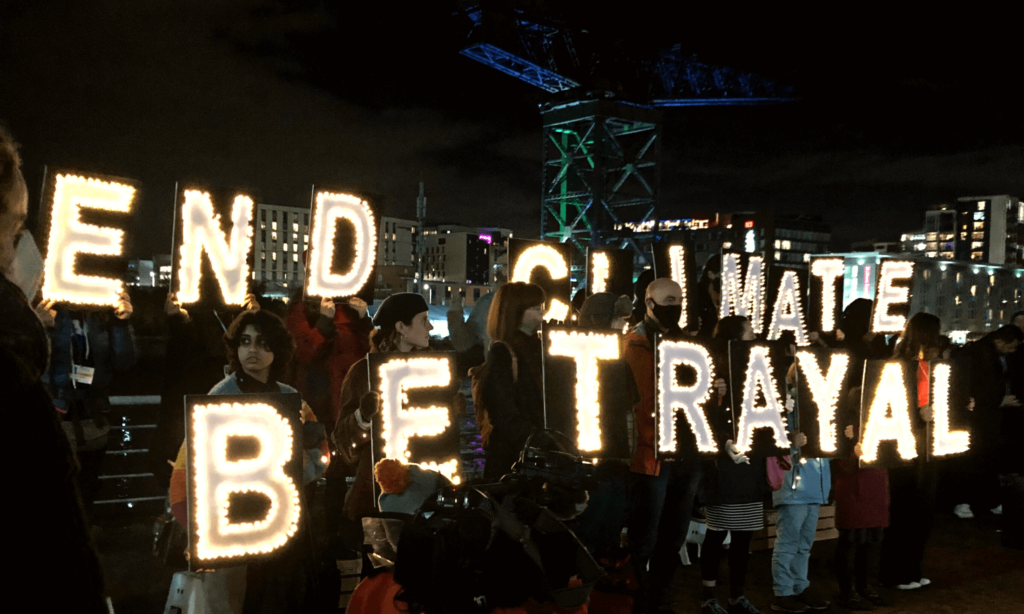
For Monicah Kamandau, who is cautiously optimistic about the outcomes of COP26, the most important thing is acknowledging and addressing the people who are already losing their livelihoods to the climate crisis and continuing the fight for climate justice regardless of the official UN pacts. “It’s continuing the mobilisation and the fight and making sure we demand that our countries uphold every promise that they make and that they’re responsible to the people they represent,” she says.
The pledges made at the 2015 Paris Agreement would have taken us well over a 3 degrees celsius rise. And although the Glasgow Climate Pact claims to get us to a better and more ambitious position, it simply doesn’t go far enough, or fast enough, to limit us to the 1.5 degrees celsius mark. Even then, that goal works out as an average; in some countries around the world (mostly throughout the Global South), that temperature rise would look more like 3 degrees celsius and above.
As the COP26 negotiations drew to a close, the main frustrations were around the lack of wealthy nations’ commitments to climate finance, watered-down pledges to phase out of coal and a failure to fully speed up timescales. The general understanding seems to be that countries are expected to arrive at COP27 in Egypt next year with new and improved national climate ambitions to close the gap between our projected path and 1.5 degrees. Though the outcome of COP26 hasn’t been good enough, it’s more than what came before – and that’s something. What is clear is that keeping up pressure from the public, from voters, from businesses and other countries does work. When changes are required on such a large scale, these actions are our only hope. Until COP27, we must keep that pressure up.
For too long, both climate activism and climate coverage have overlooked the voices and experiences of communities of colour. Follow our new series, It’s Happening Now, for stories that look to change that.

Britain’s policing was built on racism. Abolition is unavoidable

How Pakistan’s Khwaja Sira and transgender communities are fearing and fighting for their futures

Their anti-rape performance went viral globally. Now what?


